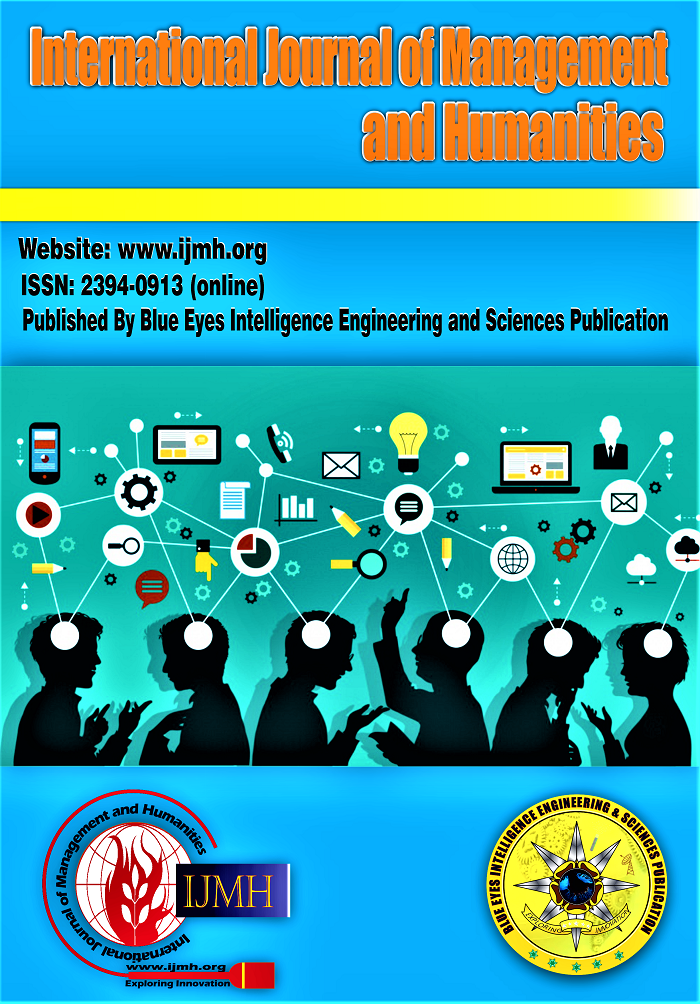Empowering Tribal Communities Through STEM Education: A Case Study Approach in Tamil Nadu
Main Article Content
Abstract
STEM (Science, Technology, Engineering, and Mathematics) education is a catalyst for socio-economic empowerment, particularly in marginalized communities. This paper examines the impact of STEM education initiatives on tribal communities in Tamil Nadu through case studies. The integration of STEM with indigenous knowledge systems has proven effective in addressing local challenges, promoting innovation, and enhancing quality of life. By analyzing programs in Dharmapuri, Nilgiris, and Tiruvannamalai districts, the paper highlights successful strategies, including mobile STEM labs, renewable energy projects, and teacher training tailored for tribal students. These findings provide a roadmap for scaling such initiatives across tribal regions in India.
Downloads
Article Details
Section
How to Cite
References
Aikenhead, G.S., & Ogawa, M. (2007). Indigenous knowledge and science revisited. Cultural Studies of Science Education, 2(3), 287-299. DOI: https://doi.org/10.1007/s11422-007-9067-8
Kumar, A., & Ramaswamy, K. (2018). Tribal education in Tamil Nadu: Challenges and solutions. Journal of Rural Development Studies, 36(1), 42-56.
Swaminathan, S. (2019). Renewable energy for tribal communities in Tamil Nadu. Energy and Society Journal, 5(2), 104-118. https://naas.org.in/documents/Prof_M.S._Swaminathan_-_A_Memoir.pdf
Ministry of Tribal Affairs. (2021). Annual Report on Tribal Education in Tamil Nadu. Government of India. https://tribal.nic.in/downloads/Statistics/AnnualReport/AREnglish2122.pdf
Chandra, S., & Rao, B. (2017). The
role of STEM education in rural
India: Empowering marginalized communities. International Journal of Education and Development, 35(1), 21-34.
Tiwari, P., & Singh, A. (2020). Bridging the gap: Culturally responsive STEM education for indigenous communities. Journal of Indigenous Education and Research, 11(3), 76-89. DOI: https://link.springer.com/article/10.1007/s11069-016-2422-x
Usmanova, A. A., & Usmanov, S. A. (2019). Key Role of Education in the Framework of Achieving the Goals of Sustainable Economic Development. In International Journal of Management and Humanities (Vol. 4, Issue 3, pp. 43–45). DOI: https://doi.org/10.35940/ijmh.a0439.114319
Balasankar, V., & Varma, Dr. P. S. (2020). Socio-Economical Status of India using Machine Learning Algorithms. In International Journal of Recent Technology and Engineering (IJRTE) (Vol. 8, Issue 5, pp. 3804–3811). DOI: https://doi.org/10.35940/ijrte.e6610.018520
Dr. Chitra S. (2024). Evaluating the Role of STEM Education in Empowering Secondary School Students. In International Journal of Emerging Science and Engineering (Vol. 12, Issue 8, pp. 7–12). DOI: https://doi.org/10.35940/ijese.i2581.12080724
Galadima, U., Ismail, Z., & Ismail, N. (2019). A New Pedagogy for Training the Pre-service Mathematics Teachers Readiness in Teaching Integrated STEM Education. In International Journal of Engineering and Advanced Technology (Vol. 8, Issue 5c, pp. 1272–1280). DOI: https://doi.org/10.35940/ijeat.e1181.0585c19
Kamalakar, Dr. G., & Kamala, Dr. K. (2023). New Dimension in Higher Education in India. In Indian Journal of Social Science and Literature (Vol. 1, Issue 4, pp. 27–33). DOI: https://doi.org/10.54105/ijssl.e1027.061422





